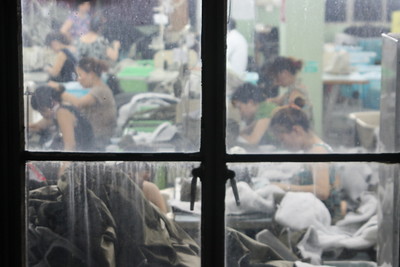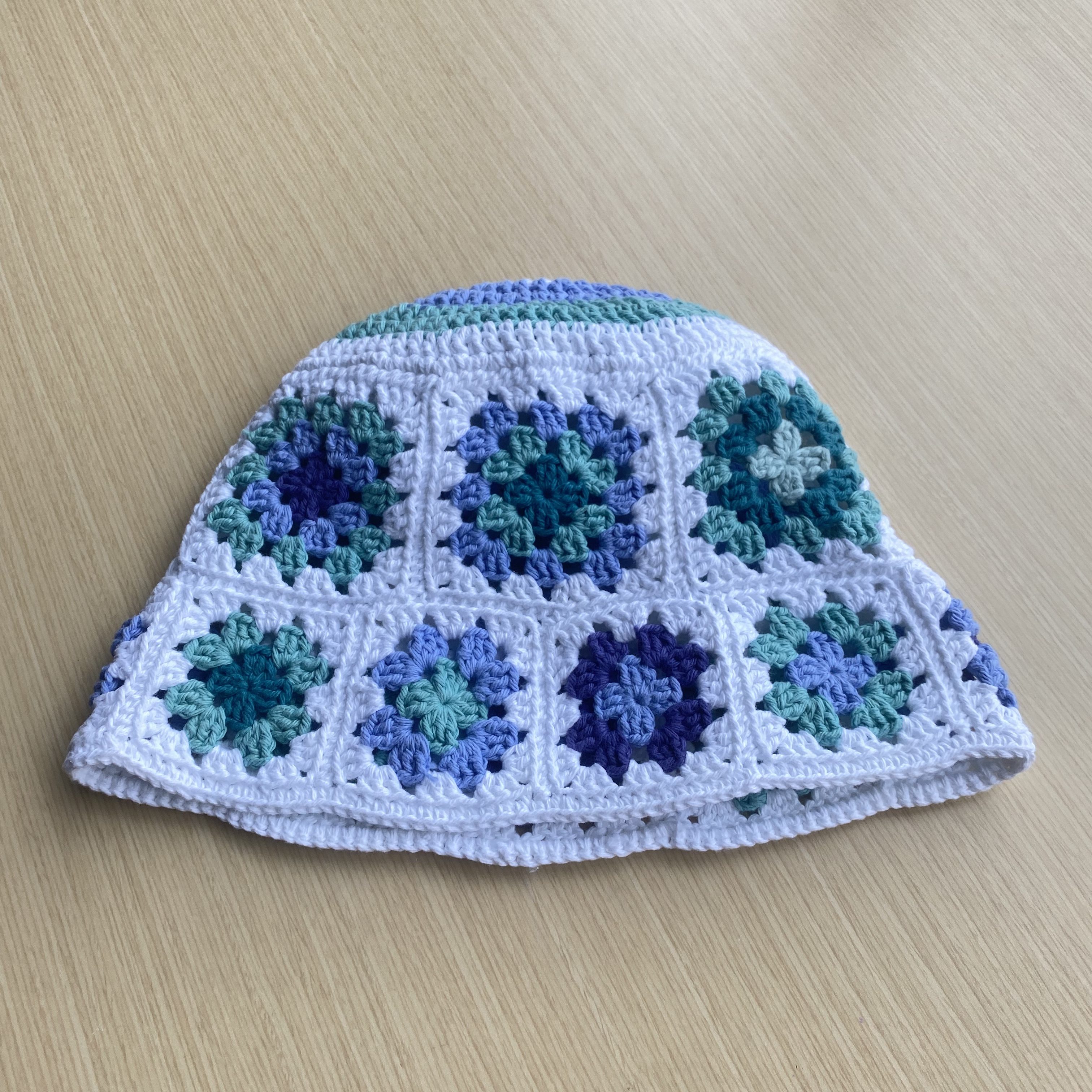
A brief dive into the ethics of fiber arts in fast fashion
Crochet has been a pretty consistent trend over the last couple of years. There were airy, summer tops and crochet bikinis, and in the fall and winter there was a rise in handmade boleros and sweaters.
According to trend predictors like WGSN, consumers are becoming more drawn to the details in crochet designs. Other viral trend predictors have declared that crochet and knitwear are here to stay.
This seems like it would be a good thing for crafters who specialize in making these garments, but the growing fast fashion industry is a new obstacle that artists are finding themselves competing with.
Fast fashion is a type of garment production that creates trendy clothes cheaply and super fast in order to meet (and exceed) the market demand. This industry is notorious for poor wages and working conditions, as well as its environmental impact. Upon seeing crocheted items on websites like SheIn, or being sold in stores like Target and Walmart, the prices stood out to me immediately. Crochet tops from around $6-$10, bucket hats for around the same range, and bags for $10… This is concerning for a number of reasons.
Crochet machines that can replicate the same stitches as handmade crochet don’t exist. $11 for a completely handmade item of clothing is beyond questionable. How much of the profit actually goes to the people who are creating it?
The Clean Clothes Campaign has a breakdown of where the profit from a singular mass-produced item goes. The smallest amount is what is paid to the worker who produced it, at just .6% of the total cost.
According to the research done by Stop Modern Slavery. org, garment workers can work up to 16-hour days, in extremely hazardous conditions. Regulations vary by country, but a lot of the time, it’s not even possible to know where these clothes are being produced until you’ve already bought them. While searching crochet items on Fashion Nova, the description just lists the items as “imported”, and websites like SheIn don’t list any information online about where items come from.
It’s easy to push the idea of ethics from your mind when you think these items are being produced by a machine. But the reality is that fast fashion is creating a lot of problems. And not just humanitarian issues, but also for the environment. I strongly encourage everyone to do some more research into the damage that fast fashion is causing.
Another point of concern is how many of these products have been directly ripped off from crochet creators. Crochet designers often release their patterns online for others to replicate. These patterns can be free or paid, but the one thing that is understood throughout the community is that these patterns are not meant to be produced by others for profit unless they are given permission. Companies like SheIn and Fashion Nova are known to steal exact patterns from designers.
It takes extensive knowledge of the skill to be able to create a tangible item from a vision. In crochet, every stitch is counted and has to be recorded in a written pattern. So when people spend hours drafting, editing, and making their original ideas into something tangible, and then it gets stolen by a company that is unethically producing and profiting from their ideas, it is especially hurtful.
Since people are becoming more educated about the fast fashion industry and how it is hurting people and the environment, there’s been more of a push to support “slow fashion.” This is a type of garment production that prioritizes sustainability and conscious consumption. Supporting individual crochet creators is part of this movement. The prices of sustainably made items can’t compete with what’s being mass-produced, but in the long term, you’ll be investing in an artist instead of an industry that is contributing to the harm of people and the environment.
I find it really important to protect the artistry that goes into crocheting and making sure that others are aware of who is really paying for the items we buy so cheap. As someone who knows how much diligence goes into crochet, I thought it was even more important to share this information on another platform.
Sources
https://stopmoderndayslavery.org/2022/03/fast-fashions-dirty-little-secret/
https://stopmoderndayslavery.org/2020/10/your-clothes-were-made-by-slaves-a-fast-fashion-expose/

Leave a comment